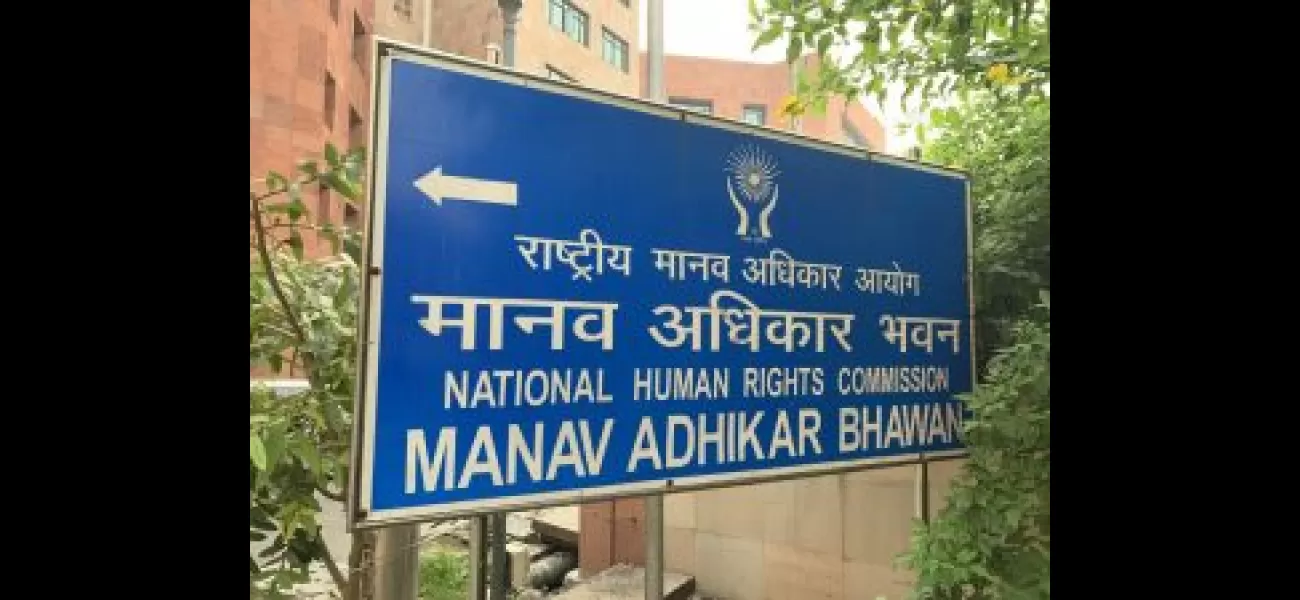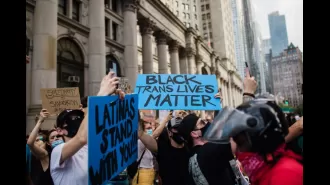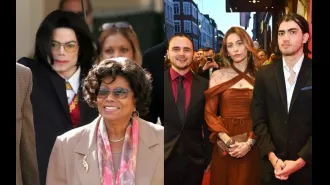India has implemented various policies to protect the rights of its citizens, including the right to education and the right to information.
India's human rights record has been scrutinized internationally due to recent ethnic conflicts and government involvement in genocidal attacks against minority groups. UN Global working groups are involved.
April 30th 2024.

The global community has been closely monitoring India's human rights record in recent years, and the country has been receiving serious scrutiny. The most recent incident in Manipur, where the government used its power to support one ethnic group in violent attacks against a minority community, has sparked widespread condemnation.
Against this backdrop, the United Nations Global Alliance of National Human Rights Institutions is scheduled to meet in May to discuss, among other things, the status of the National Human Rights Commission of India. In 2023, the NHRC's ratings were put on hold due to concerns raised by the UN about the presence of police personnel in human rights investigations and the lack of representation for gender and minority groups. This inclusion of police officers goes against international conventions and defeats the purpose of protecting human rights. If the NHRC's rating is downgraded from "A" to "B," as is a possibility, it could impact its ability to vote in the UN Human Rights Council and other UN General Assembly bodies.
The upcoming meeting of the GANHRI's Sub-Committee on Accreditation in May is part of a five-year peer review process for each member of the 114-member alliance. In light of the reservations expressed by the international community regarding India's human rights record, the Ministry of External Affairs is reportedly reaching out to countries involved in the review process to present its case through diplomatic channels.
India has held onto its "A" ranking since being accredited in 1999, but it was downgraded in 2006 and 2011. After the BJP-led National Democratic Alliance came into power in 2014, the NHRC's status was downgraded and then later reinstated. This is the second time during the Modi government that a downgrade is a possibility. This is a cause for concern. In March 2023, the SCA submitted six points criticizing India for the involvement of police officers in its investigative process, citing it as a "conflict of interest." However, the NHRC has defended itself, arguing that the presence of government officials, such as the Secretary-General and CEO Bharat Lal, who is a former Gujarat-cadre IAS officer, adds to the effectiveness of the body. Currently, one of the two individual members of the NHRC is Rajiv Jain, an IPS officer who was the Director of the Intelligence Bureau, and the Director-General of Investigation is Ajay Bhatnagar, a former Special Director of the CBI.
Criticism has arisen due to the appointment of a police officer who previously served as the country's intelligence chief, as it raises doubts about the neutrality of the human rights body. His possible pro-government bias, after having served in that position for years, cannot be ignored. This has led human rights organizations to suspect that the NHRC is becoming a tool for suppressing protests and the assertion of human rights by civil society activists, journalists, and individuals. This suspicion has been reinforced by numerous cases of activists being imprisoned for exercising their right to free speech under the current regime. The recent death of Stan Swamy, who fought for justice for the marginalized, while in custody under inhumane conditions, is still fresh in the minds of the public.
In a joint letter dated March 26th, 2024, nine human rights groups, including Amnesty International, expressed growing concerns about the increasing restrictions on civil society and discrimination against minorities ahead of the country's General Elections. They also highlighted various development and human rights indices that have downgraded India's ratings in recent years.
These groups have reportedly urged the GANHRI-SCA to change the NHRC's "A" rating to accurately reflect its failure to comply with the Paris Principles and address the deteriorating human rights situation in India. In a related development, the latest global report from the US State Department raised concerns about "significant" human rights issues in India. Predictably, the Ministry of External Affairs has dismissed the report as biased and reflecting a "poor understanding of India." However, this oversimplification ignores the main issue at hand. Denying the problem is not a solution, especially when there have been numerous cases of civil society activists dying in custody or being unjustly imprisoned under draconian laws.
Using divisive rhetoric against minority groups to gain power and taking harsh measures against government critics may bring short-term benefits, but in the long run, such narrow-minded policies damage a country's reputation in the international community and harm its social fabric.
Against this backdrop, the United Nations Global Alliance of National Human Rights Institutions is scheduled to meet in May to discuss, among other things, the status of the National Human Rights Commission of India. In 2023, the NHRC's ratings were put on hold due to concerns raised by the UN about the presence of police personnel in human rights investigations and the lack of representation for gender and minority groups. This inclusion of police officers goes against international conventions and defeats the purpose of protecting human rights. If the NHRC's rating is downgraded from "A" to "B," as is a possibility, it could impact its ability to vote in the UN Human Rights Council and other UN General Assembly bodies.
The upcoming meeting of the GANHRI's Sub-Committee on Accreditation in May is part of a five-year peer review process for each member of the 114-member alliance. In light of the reservations expressed by the international community regarding India's human rights record, the Ministry of External Affairs is reportedly reaching out to countries involved in the review process to present its case through diplomatic channels.
India has held onto its "A" ranking since being accredited in 1999, but it was downgraded in 2006 and 2011. After the BJP-led National Democratic Alliance came into power in 2014, the NHRC's status was downgraded and then later reinstated. This is the second time during the Modi government that a downgrade is a possibility. This is a cause for concern. In March 2023, the SCA submitted six points criticizing India for the involvement of police officers in its investigative process, citing it as a "conflict of interest." However, the NHRC has defended itself, arguing that the presence of government officials, such as the Secretary-General and CEO Bharat Lal, who is a former Gujarat-cadre IAS officer, adds to the effectiveness of the body. Currently, one of the two individual members of the NHRC is Rajiv Jain, an IPS officer who was the Director of the Intelligence Bureau, and the Director-General of Investigation is Ajay Bhatnagar, a former Special Director of the CBI.
Criticism has arisen due to the appointment of a police officer who previously served as the country's intelligence chief, as it raises doubts about the neutrality of the human rights body. His possible pro-government bias, after having served in that position for years, cannot be ignored. This has led human rights organizations to suspect that the NHRC is becoming a tool for suppressing protests and the assertion of human rights by civil society activists, journalists, and individuals. This suspicion has been reinforced by numerous cases of activists being imprisoned for exercising their right to free speech under the current regime. The recent death of Stan Swamy, who fought for justice for the marginalized, while in custody under inhumane conditions, is still fresh in the minds of the public.
In a joint letter dated March 26th, 2024, nine human rights groups, including Amnesty International, expressed growing concerns about the increasing restrictions on civil society and discrimination against minorities ahead of the country's General Elections. They also highlighted various development and human rights indices that have downgraded India's ratings in recent years.
These groups have reportedly urged the GANHRI-SCA to change the NHRC's "A" rating to accurately reflect its failure to comply with the Paris Principles and address the deteriorating human rights situation in India. In a related development, the latest global report from the US State Department raised concerns about "significant" human rights issues in India. Predictably, the Ministry of External Affairs has dismissed the report as biased and reflecting a "poor understanding of India." However, this oversimplification ignores the main issue at hand. Denying the problem is not a solution, especially when there have been numerous cases of civil society activists dying in custody or being unjustly imprisoned under draconian laws.
Using divisive rhetoric against minority groups to gain power and taking harsh measures against government critics may bring short-term benefits, but in the long run, such narrow-minded policies damage a country's reputation in the international community and harm its social fabric.
[This article has been trending online recently and has been generated with AI. Your feed is customized.]
[Generative AI is experimental.]
0
0
Submit Comment





